Categories
Topics

Leverage intelligence-led policing with mission-critical graph analytics capabilities.
Gain capabilities to act quickly, stop fraud and protect your clients and your business.
Enable automation, learn about bad actors and their networks, and leverage predictive strategies.
New use cases, features, and live demos designed to make analysts’ lives easier.
Our research, philosophy and case studies, all wrapped up in books and papers.
Discover GraphAware Hume’s features, demos, and graph technology insights.
Review our in-depth user guides and technical documentation to ensure flawless operations.
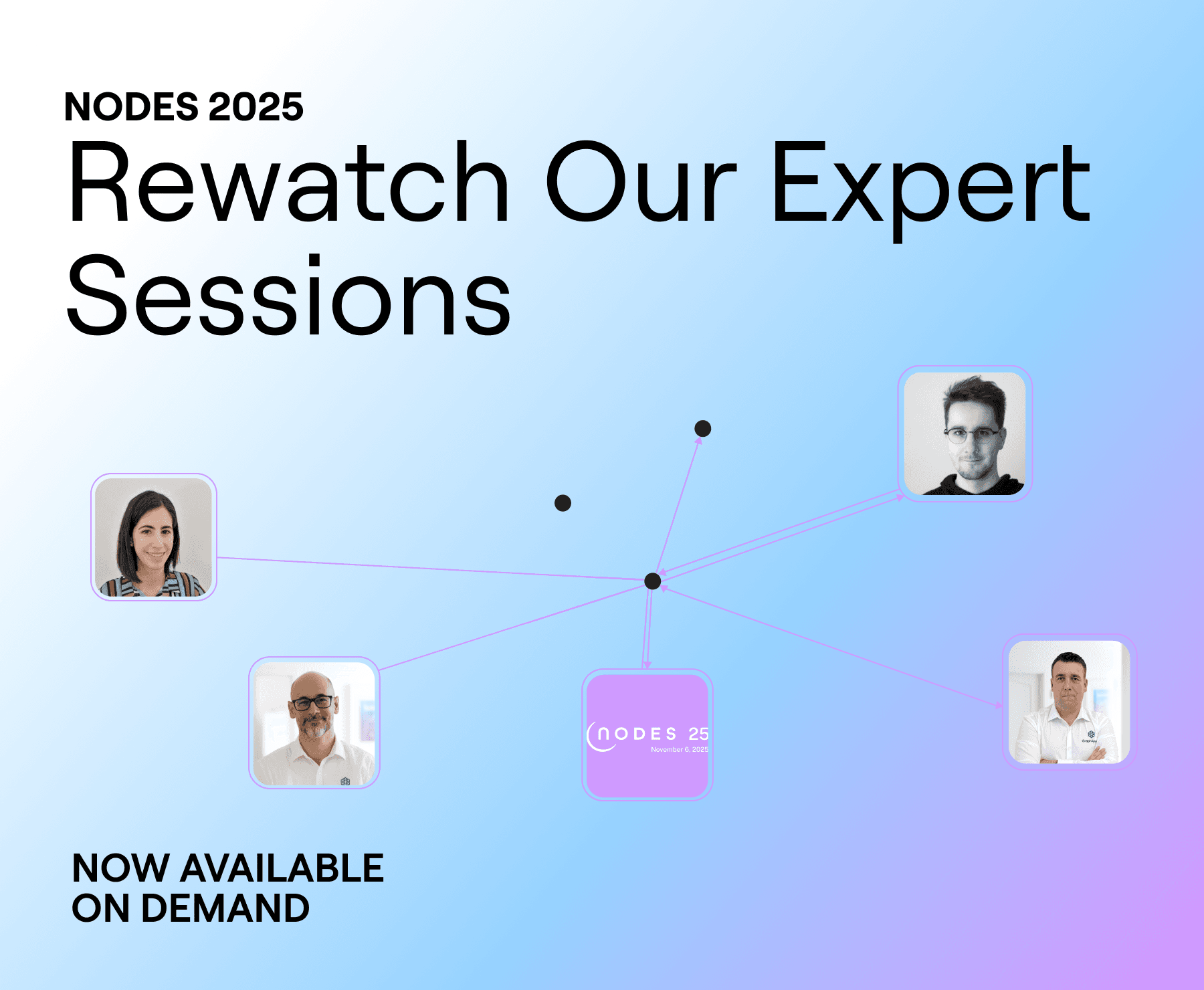
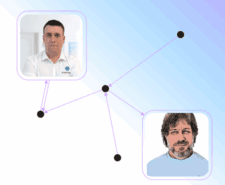
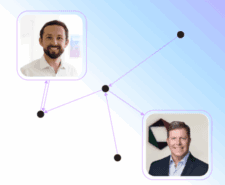
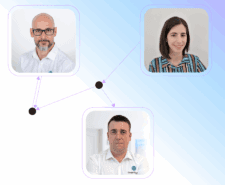
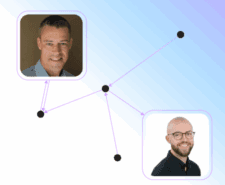

Utilising the GraphAware Hume platform, the Agency team were able to build a cutting edge solution for the financial crime investigation taskforce.
Leverage intelligence-led policing with mission-critical graph analytics capabilities.
Gain capabilities to act quickly, stop fraud and protect your clients and your business.
Enable automation, learn about bad actors and their networks, and leverage predictive strategies.
New use cases, features, and live demos designed to make analysts’ lives easier.
Our research, philosophy and case studies, all wrapped up in books and papers.
Discover GraphAware Hume’s features, demos, and graph technology insights.
Review our in-depth user guides and technical documentation to ensure flawless operations.